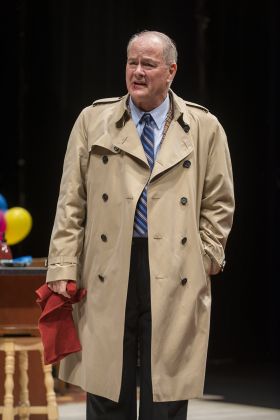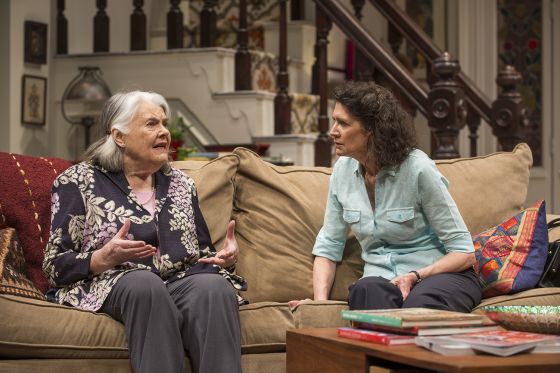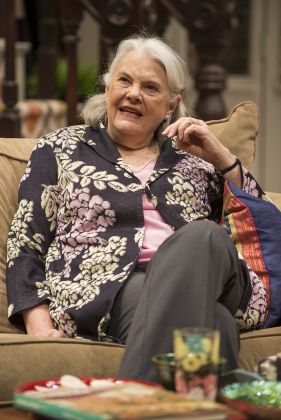


The household upheaval inspired by the introduction of a baby therein generally diminishes after three or four years, while that of an elderly baby—a cognitively regressive parent, perhaps—still carries with its obligations an expectation of eventual cessation.
The dependency engendered by severe birth defects, though, makes for cosmologically subversive tyranny inflicting lasting damage on tribal members charged with the nurture of their subhuman kin. In 1967, Peter Nichols's A Day in the Death of Joe Egg traced the dissolution of a marriage ravaged by overwhelming parental responsibilities, but if Rory Kinnear's assessment in The Herd is accurate, nearly 50 years of improvements in the English health-care system have done nothing to alleviate the stress, guilt and suppressed anger associated with more than one life trapped in an indefinite limbo.
The baby in this case, whom we never see, is understood to be mentally and physically disabled to such an extent that his sojourn in a medical facility is mostly devoted to palliative measures. A clan reunion on the occasion of his 21st birthday reveals his influence on those left at home: mommy Carol obsesses jealously over the perceived abuses of her son's institutional caretakers, daddy Ian returns after abandoning his legal and domestic duties years earlier, daughter Claire is pregnant by her country-boy swain, Grandpa Brian faces the future with cheerful optimism (despite his arthritis), and Grandma Patricia, with a grim candor that enables her to utter the unspoken wish lurking in everybody's hearts regarding the prospect of this being their burdensome relation's last homecoming.
One could quibble over Kinnear appearing to advocate Claire's compensating for the inadequacies of her upbringing by risking their perpetuation, or his dividing of emotional labor along gender lines, rendering the women uniformly sour and fretful, while the men enjoy a supportive, but detached, jocularity. Overall, however, this first-time playwright has written a text remarkably free of popular tropes geared toward commercial demographics. This doesn't guarantee its immunity from social-sitcom slickness, of course (even August: Osage County has been bowdlerized for secondary-school consumption), making Chicago playgoers especially lucky to experience their first encounter with this auspicious new work at the hands of the seasoned—or maybe "weathered" is the more descriptive adjective—ensemble mustered by Frank Galati for this Steppenwolf production.
